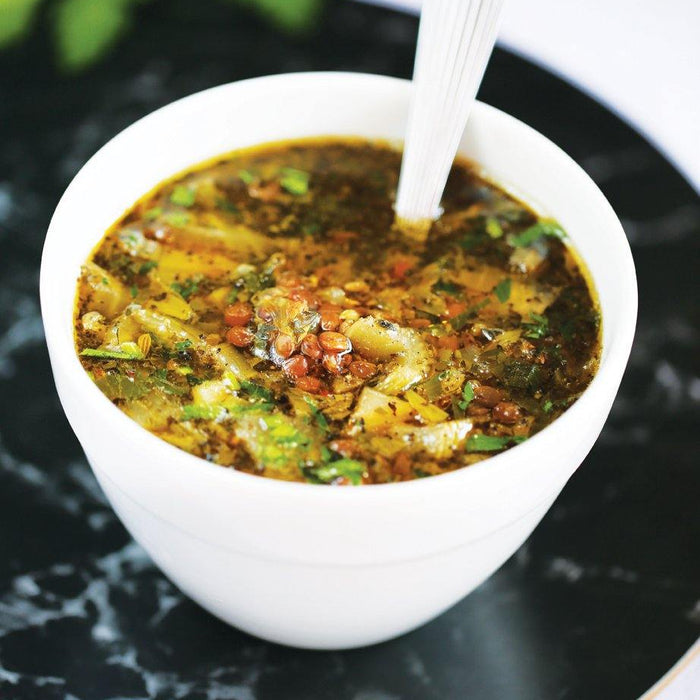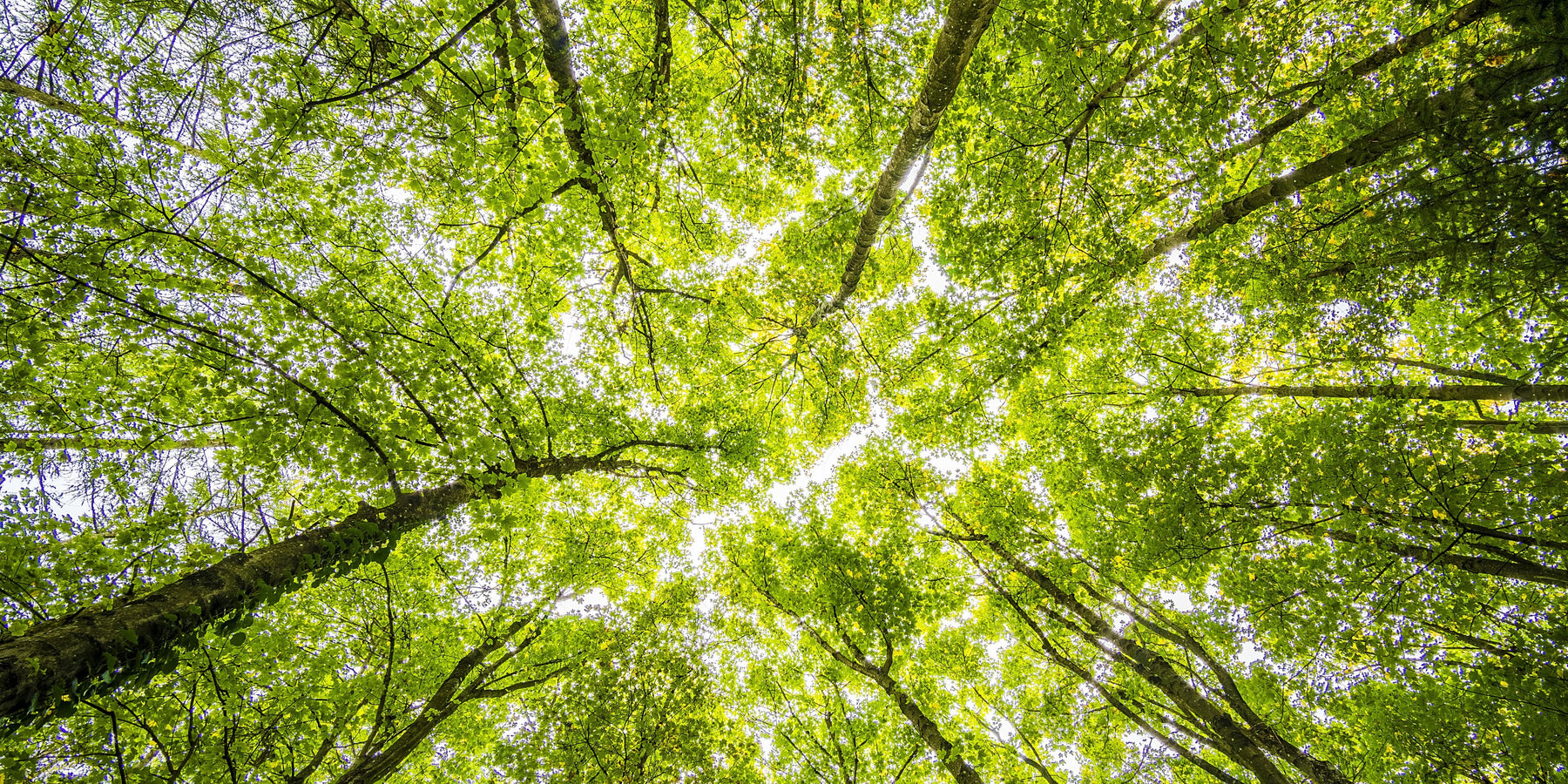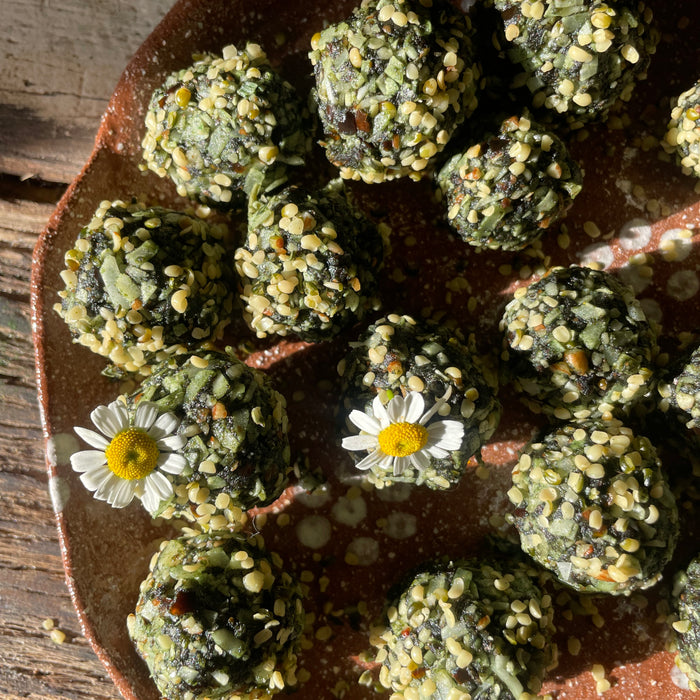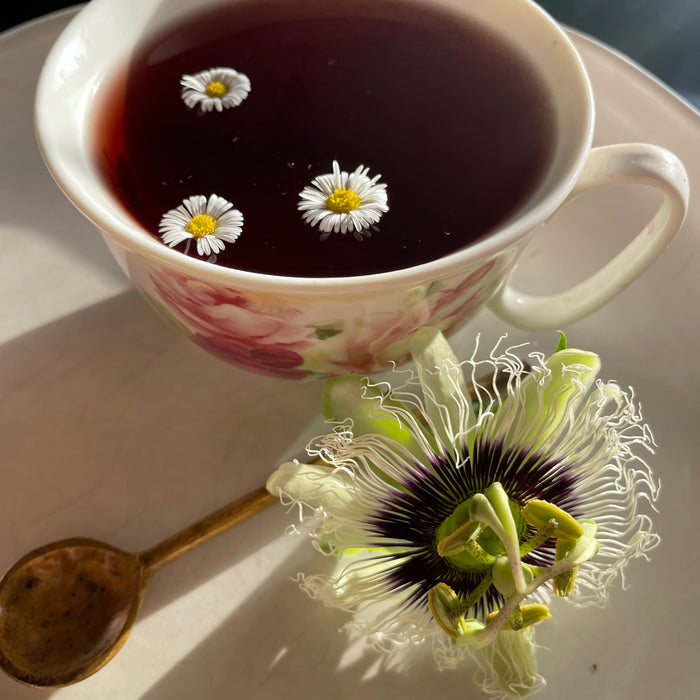Creating a sustainable lifestyle and looking after our planet may feel a little daunting and overwhelming at times, particularly when the world is so big, and we are often flooded with images and news of how much trouble our planet is in and how urgent action needs to be taken on a global scale. It often feels like so much needs to be done; where would we even begin?
A clear and stark example of this can be found in our vast oceans. While we are relatively fortunate here in Australia with clean oceans and beaches for the most part, anyone travelling to the shores of Southeast Asia, the Middle East or the Mediterranean may find it shocking to see the amount of rubbish floating in the water and wonder whether there is any point in doing anything at all when the problem seems to be so hugely out of control. And that’s not to mention the microplastics and other pollutants in the water that we can’t see that are being ingested by and destroying marine life at inconceivable rates.
Seeing all this and not really knowing what to do about it, it’s easy to appreciate the gravity of Robert Swan’s message and also understand the reality of how many people may find it simpler to just focus on their own lives and hope these global problems can be fixed by someone else.

However, the deeper questions remain unanswered in the absence of solutions. Is it really simpler for our planet in the long run, and, most importantly, where can any real and tangible action start if not with ourselves? The great news is that even the smallest shifts can make a positive difference.
Rather than feeling overwhelmed and unable to change the trajectory, imagine if we all changed just ONE belief and believed that YES! We can actually make a difference and help save the planet.
While there are many ways to choose sustainable options for our homes and gardens to make our lives more sustainable such as growing and conserving our own organic food, composting organic waste, choosing renewable energy, generating our own electricity and storing and conserving water (just to name a few), we would like to keep things simple. For the following weeks, we will be sharing and suggesting small and creative changes that we believe can make a big impact on our planet, plus our favourite tips and products for living more sustainably and invite you all to join us in this challenge of being an example of change.
Let’s start with the basic.
Use REusable takeaway containers and cutlery.
When buying takeaway from your local restaurant or café, whether it’s a hotpot, sandwich or sushi, bring your own plate, bowl or container to take away your food and keep a set of portable cutlery in your bag. Although most takeaway containers are now made from unlined paper or cardboard, there is still some confusion around how these items are to be disposed of at each Local Council, so this reduces the need for the disposal of these containers altogether. These containers or jars can be brought from home, and we also have many beautiful stainless steel containers and lunch boxes at our Stores to choose from, as well as cutlery sets made from bamboo or stainless steel. These are easy to carry in school bags, work bags and handbags and can significantly reduce the amount of waste going into rubbish bins. A cutlery set in your bag also comes in handy for many other uses when travelling on planes or camping.
REcreate
Reverting to a cleaner and greener lifestyle
Taking better care of our environment requires us to think more creatively about our resources and what we put in our waterways. How we clean our homes and do our laundry can have repercussions further down the line as the water flows from our homes into the waterways and oceans. The simple choice of using green cleaning products that don’t contain toxic ingredients (or making your own) and using cleaning cloths that don’t contain microplastics or other synthetic fibres that don’t break down and end up in the ocean can go a long way in protecting our environment.
Often cleaning sponges and microfibre cloths purchased from supermarkets contain micro plastics that break down when washed and end up in the ocean. The same applies to clothes made from synthetic fibres. Where possible, use cleaning brushes and cloths made from natural fibres and clothes made from natural and sustainable fabrics such as organic cotton or hemp. Reuse old cotton T-shirts or cloth nappies for cleaning and dispose of these in your home compost.
At Santos Organics, we have a wide range of green cleaning products with refill options from our bulk range so that customers can buy a product and use that container again and again. We also stock a number of different cleaning and dishwashing tools made with natural and vegan fibres to help make cleaning fun and effective.
We hope that this blog has given inspiration for treading a little more softly on Mother Earth in our busy everyday lives and we wish you all a joyful winter.







